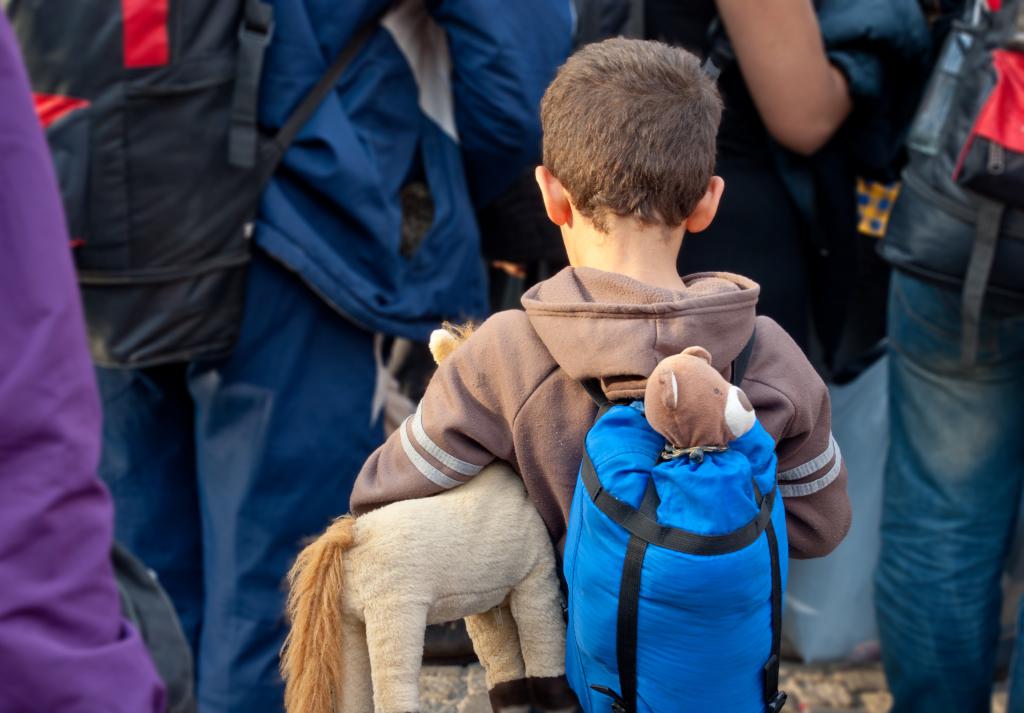The first consequence of the vote has been the stop to technical discussions with Berne. Venizelos: free movement of capital goes hand in hand with free movement of workers 
The first consequence of the outcomes of the Swiss referendum on capping immigration is a freezing of the negotiations between Switzerland and the EU on a possible electricity agreement. “No technical negotiations on electricity agreement are foreseen at the moment, in light of the new situation because the way forward needs to be analyzed in view of the broader context of bilateral relations” with Switzerland, explained Pia Ahrenkilde Hansen, spokesperson for the European Commission. The electricity agreement is in fact “logically connected with institutional horizontal issues,” she added.
Greek Foreign Affairs Minister Evangelos Venizelos, who chaired the EU Council, said the Union “respects the internal democratic procedures of Switzerland and the outcome of the referendum,” yet it “expects the Swiss Confederation to honour its obligations arising from its agreements and treaties with the European Union.”
At the end of the Foreign Affairs Council, Venizelos underlined that “the four cornerstones of the internal market – free movement of goods, persons, services and capital – are indivisible; it is not possible for us to accept … the free circulation of capital, but not the free circulation of people.”
Maros Sefcovic, Vice President of the European Commission, has highlighted how much Switzerland has benefited from free movement: “Now it is up to the Confederation to decide: the ‘four freedoms’ are indivisible, it is not possible to choose to cancel the worker-rights provisions without affecting everything else,” he said, “Our evaluations will follow.”


![La bandiera della Regione Lombardia [foto: Wikimedia Commons]](https://www.eunews.it/wp-content/uploads/2022/09/lombardia.png)







![Una donna controlla le informazioni sul cibo specificate sulla confezione [foto: archivio]](https://www.eunews.it/wp-content/uploads/2014/12/Etichette-alimentari.jpg)
